‘Aspects of inclusion and good governance challenging in sustainable infrastructure development’
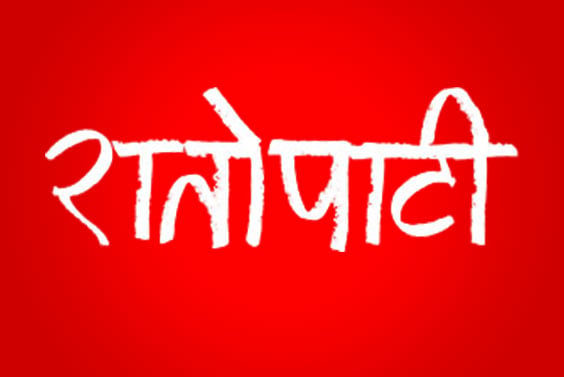
KATHMANDU, June 16: Experts have said that the issue of inclusion and good governance has received less attention in regard to the sustainable infrastructure development.
Saying that the notion of good governance and inclusion has not been taken seriously from preparation to construction and operation of physical infrastructures, they spoke the importance of inclusion in terms of the access, use and returns and the aspects of good governance from the very beginning.
At a virtual discussion programme ‘Sustainable Infrastructure: Question of Inclusion and Governance’ organized by the Society of Economic Journalists-Nepal (SEJON) and Policy Enterprises Inc (PEI), the speakers highlighted problems from formulation of infrastructure projects. They also underlined the need of making infrastructure development model inclusive.
Former Vice-Chairperson of National Planning Commission Dr Govinda Raj Pokharel said both costs and time have increased during the implementation of physical infrastructure projects in lack of preparation.
Contracting the project construction without required preparation does not only increase the time and cost but also prevent the people from receiving proper returns, he said. Owing to allocation of less budget than the project costing, the projects are not being completed on time. The budget of over Rs 1 billion is needed for the completion of any project but the government allocates only Rs 30 million.
Former Secretary Tirtha Raj Dhakal said several problems are sure to emerge while implementing projects without formulating ‘project guideline’. He further noted, “Many countries implement the projects only after framing the guidelines but it is not happening in our country. The projects can be completed within the stipulated time and costs only after making adequate preparation”, he added.
Presenting a working paper ‘Infrastructure inclusion and governance’
Infrastructure expert Kamal Pandey stressed the need of inclusion and gender participation in infrastructure development. “The government needs to make utmost efforts to achieve the Sustainable Development Goals (SDGs) in terms of infrastructure sector by 2030”, he said.
“Nepal has to develop road density of 1.3 square kilometer by 2030 as per the SDGs but he progress as of now is only 0.6 square kilometer”, he added.
Gender activist Saru Joshi said the aspects of inclusion are being gradually considered while formulating plan for infrastructure development. She called for the need to maximize participation of excluded communities in the development of infrastructure.
Urban development expert Padma Sundar Joshi underscored the need of assessing whether or not the provisions of inclusion have been well-implemented in government programmes. “The environmental and human aspects have not been considered in the construction and expansion of Ring Road and Fast Track”, he noted.
Daya Sagar Shrestha of SDG Network blamed political actors for the problems surfaced in the selection and prioritization of infrastructure plans. The politics of vote has created challenges in the selection and prioritization, he noted.
Arjun Bhattarai of NGO Federation demanded proper attention on the development of disable and senior-citizen friendly infrastructure.
Mani Nepal of ICIMOD said Nepal should lay emphasis on ‘Economic Bio-Diversity’ in infrastructure development to strike balance between the development and environment.
Ajaya Dixit of Institute of Sustainable and Environmental Transition (ISET)called for higher sensitivity from design to construction in case of infrastructure projects.
Joint Secretary of Ministry of Urban Development Padma Mainali underlined the need of reforms in determining capital spending in physical infrastructure sector. “Though the grants provided by the federal government provides grants to the local and province governments are being spent in infrastructure sector it has not been accounted for as infrastructure expenditure”, he commented.


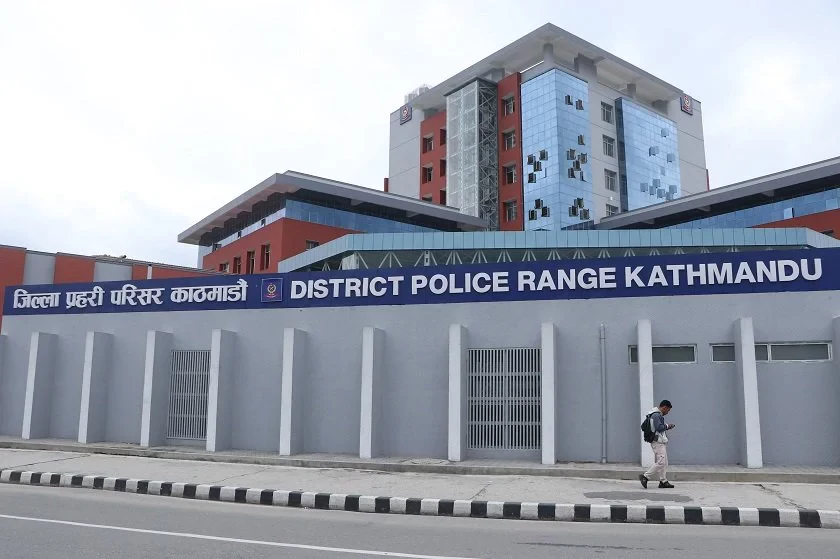
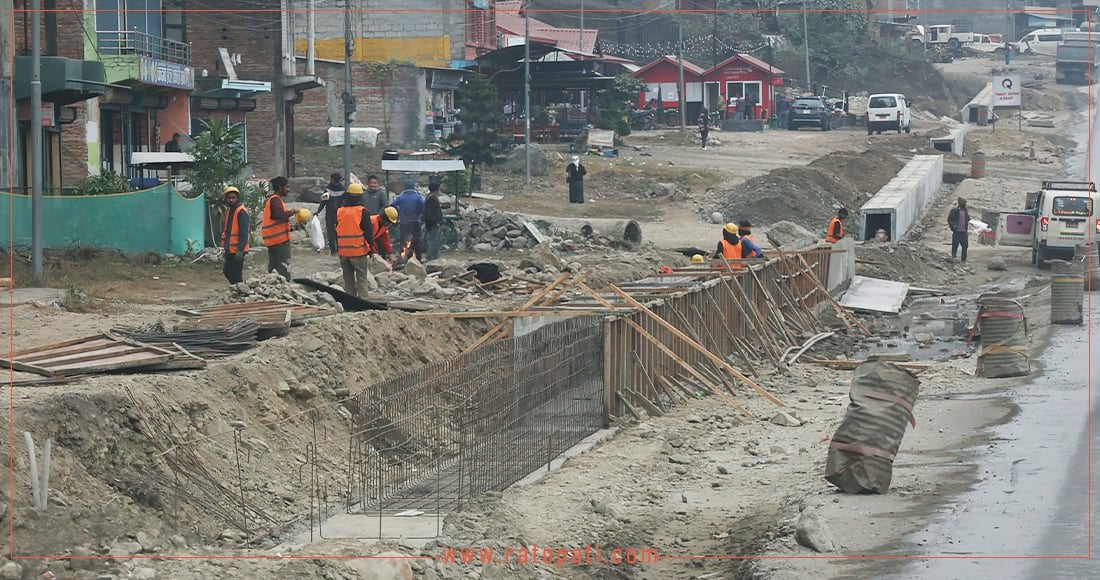
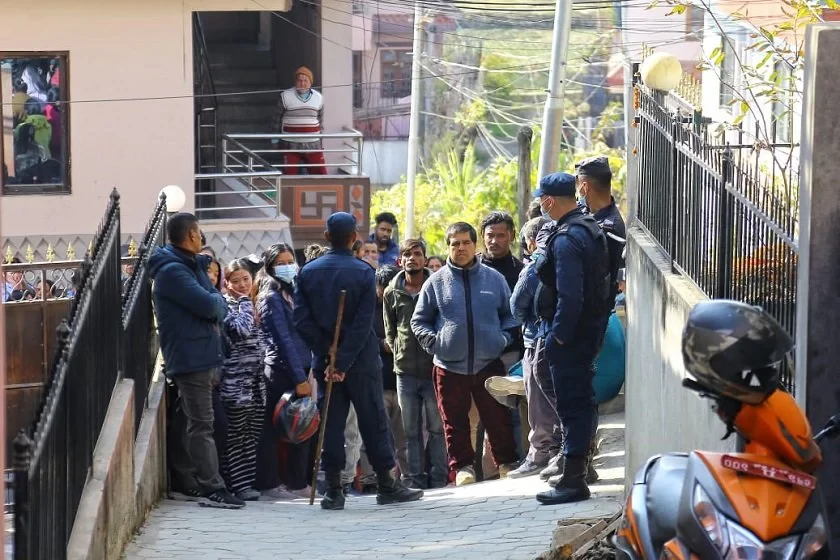

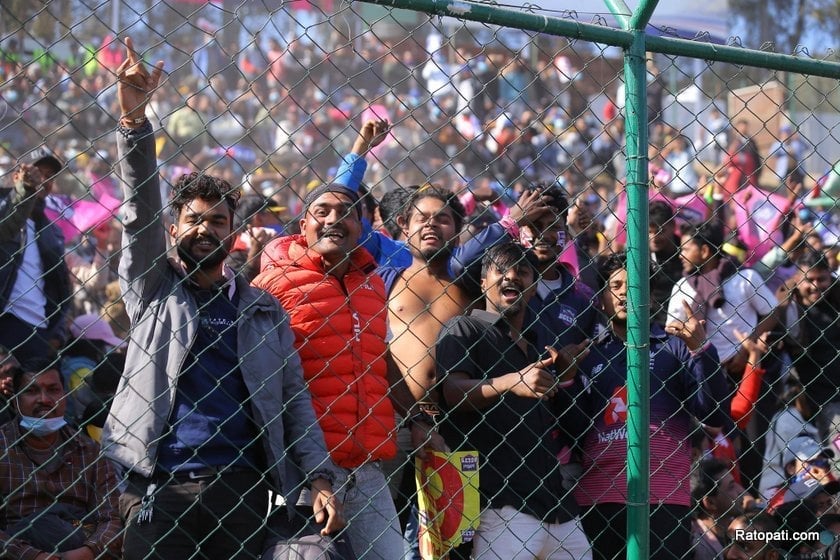
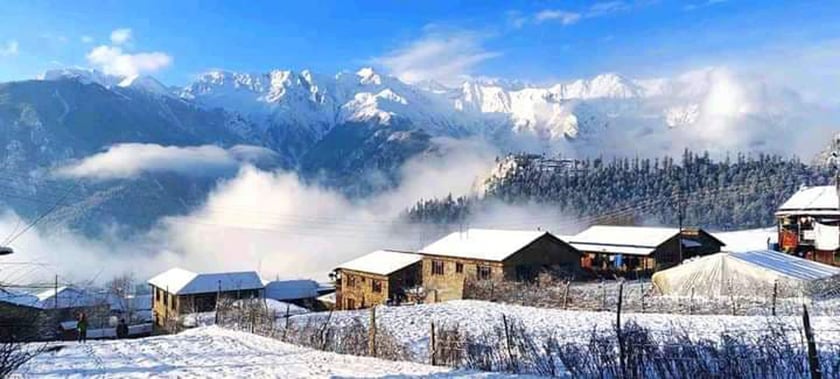
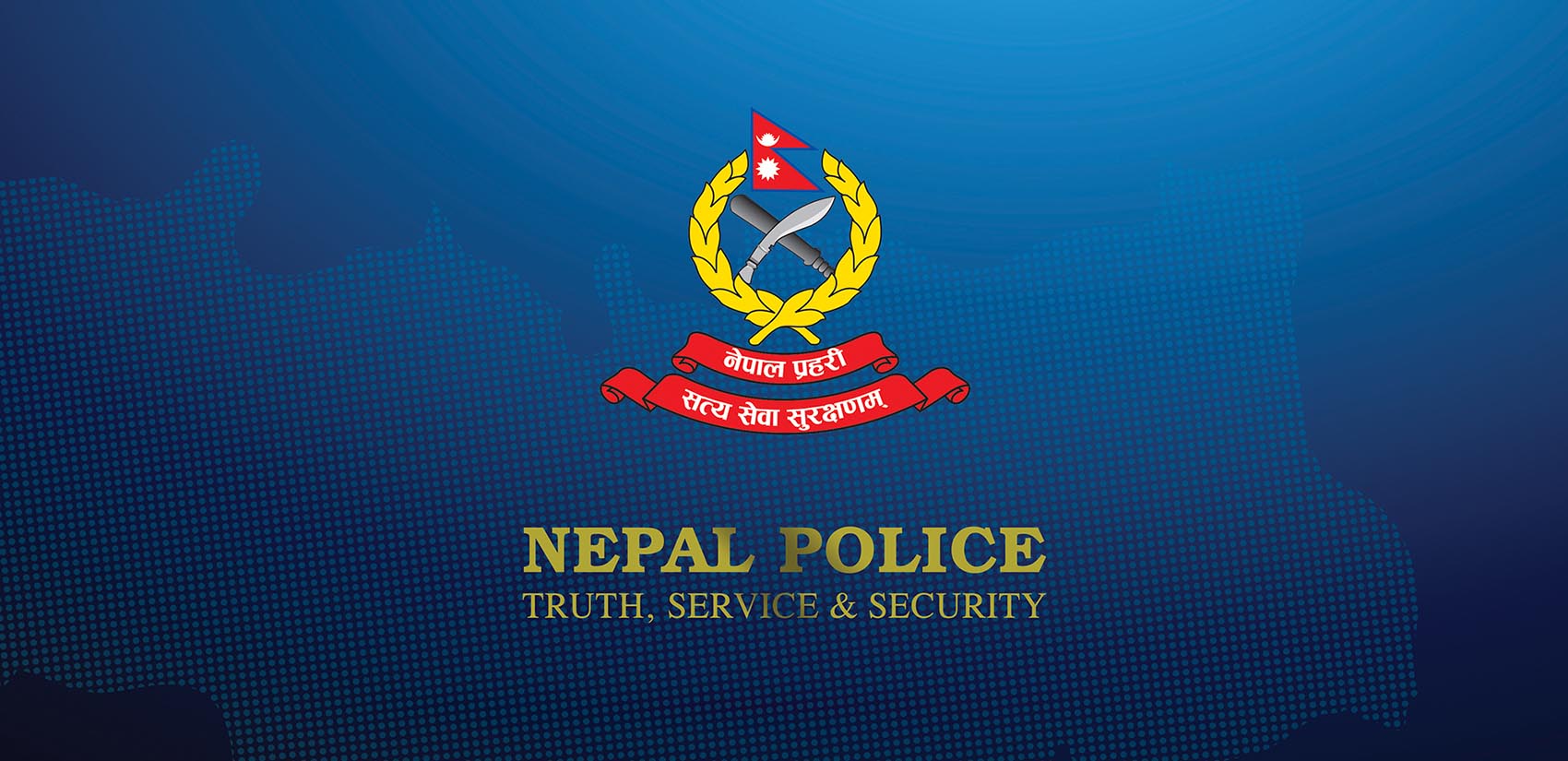
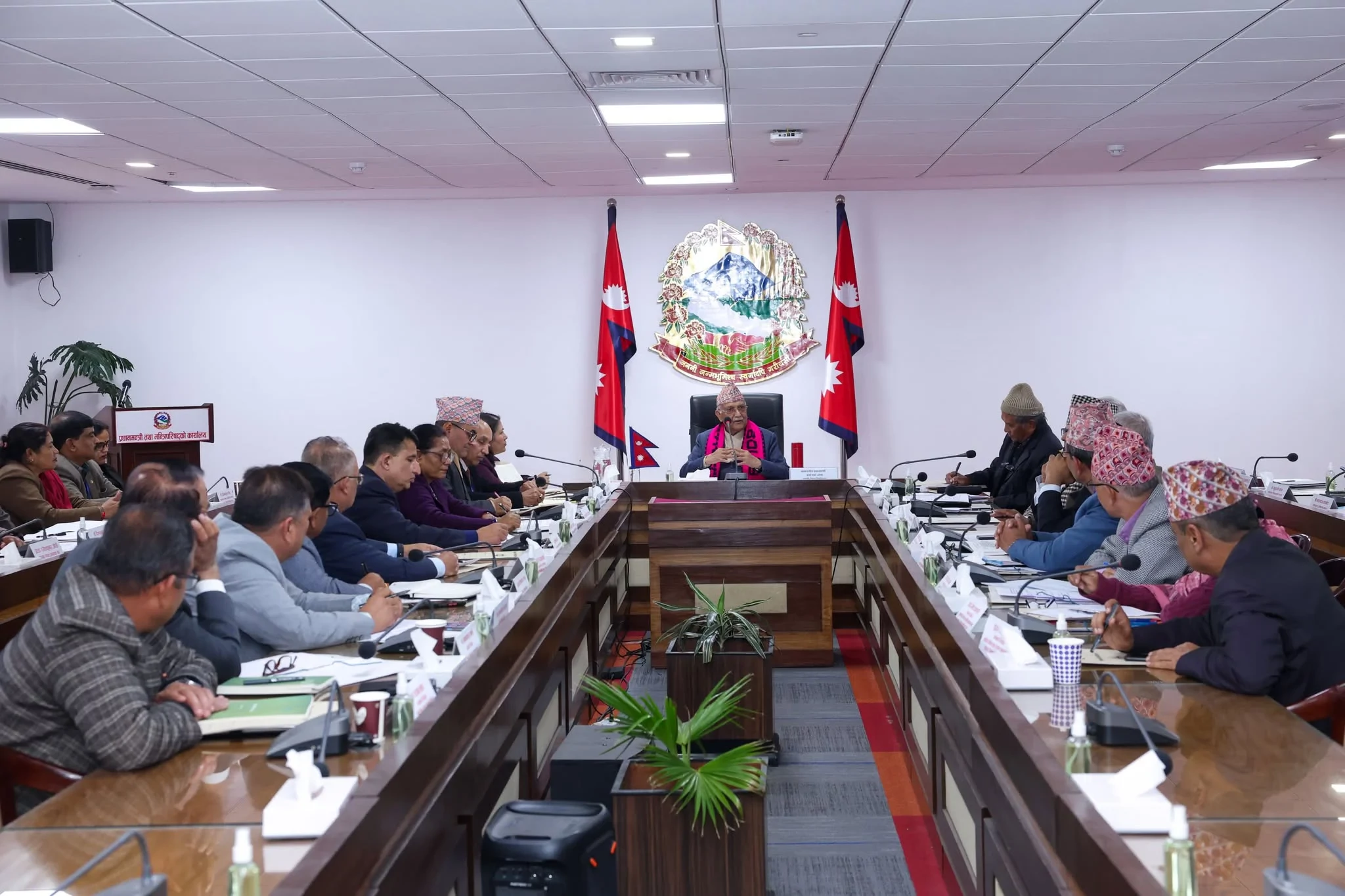
Leave Comment